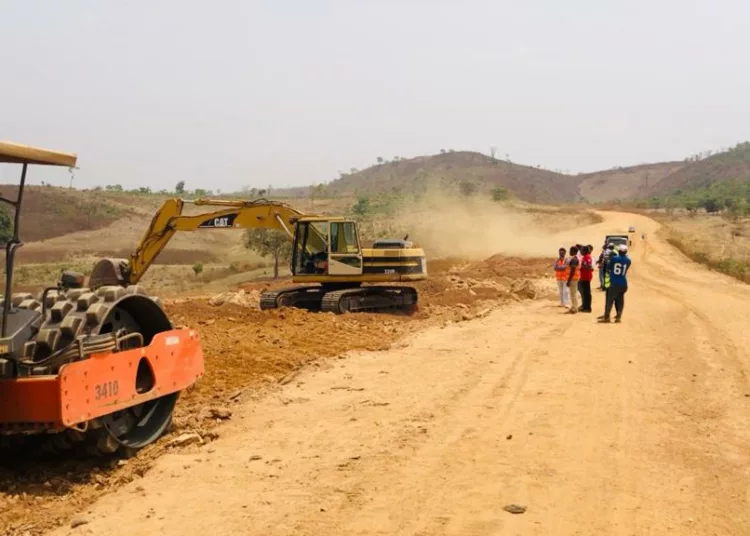A steep rise in bitumen prices, driven by foreign exchange (forex) volatility, has stalled numerous road construction projects across Nigeria, with some sites facing complete suspension.
Reports show that bitumen costs have surged by approximately 150% within the last seven months, straining funding allocations and pushing project timelines further out.
A 20-tonne load of bitumen, priced at N854,375 in August 2023, has now climbed to over N2 million. The increase has compounded contractors’ struggles, already burdened by rising costs of other materials like cement, diesel, granite, and crushed stones.

Sources from Lagos Public Works report that asphalt, which cost N70,000 per tonne in August 2023, reached N155,000 by March 2024, reflecting the sharp inflation trend.
The volatile costs have spurred calls for contract renegotiations as contractors seek to reconcile these significant price variations with clients. Many contractors have left project sites, citing unsustainable expenses, while some are locked in negotiations to adjust contract terms.
Minister of Works David Umahi has addressed the sector’s challenges, stressing that the federal government will not cover cost variations on projects delayed by contractors. He reaffirmed the ministry’s dual-policy approach, allowing both asphalt and concrete for federal road projects under specific conditions, highlighting that technical decisions are to be made by professionals familiar with industry standards.

The president of the Federation of Construction Industry (FOCI), Vincent Barrah, warned that relentless material inflation has jeopardized projects nationwide, risking both project viability and workers’ livelihoods. Diesel, a key fuel for construction equipment, has also surged, further straining contractors’ finances.
Saidu Hassan, national chairman of the Nigerian Institution of Highway and Transportation Engineers, urged the government to stabilize bitumen prices, emphasizing its critical role in infrastructure projects.



